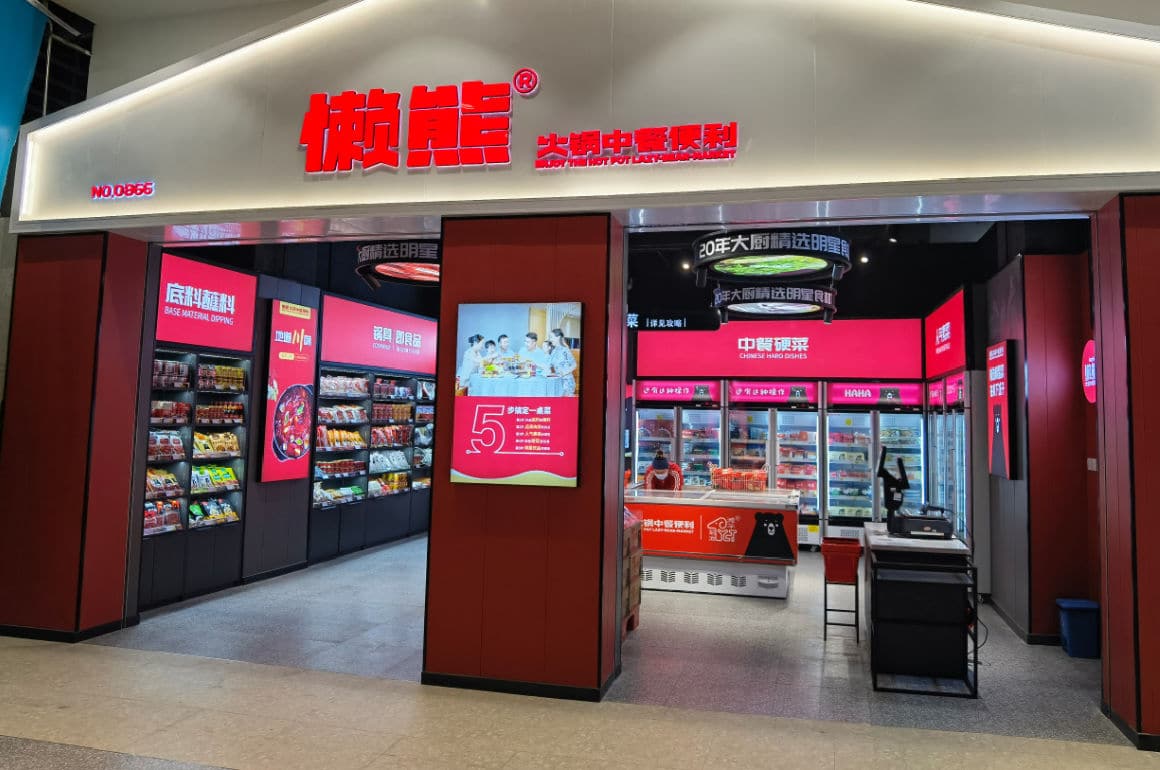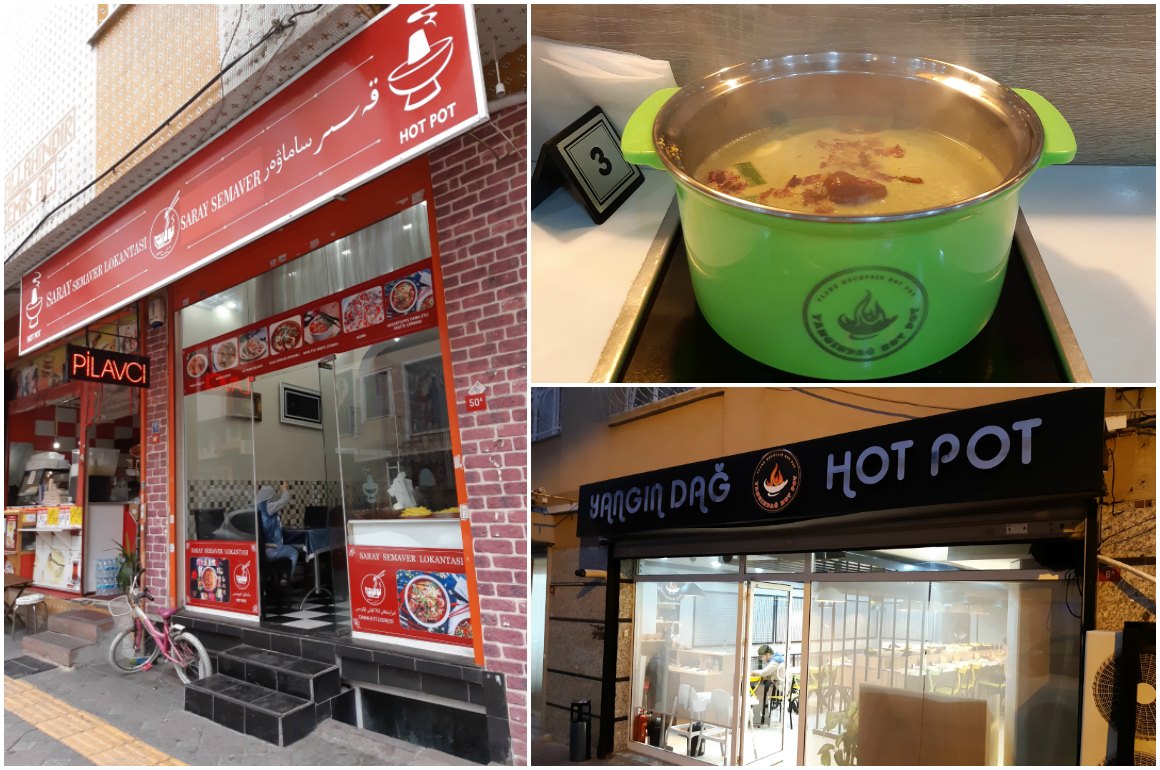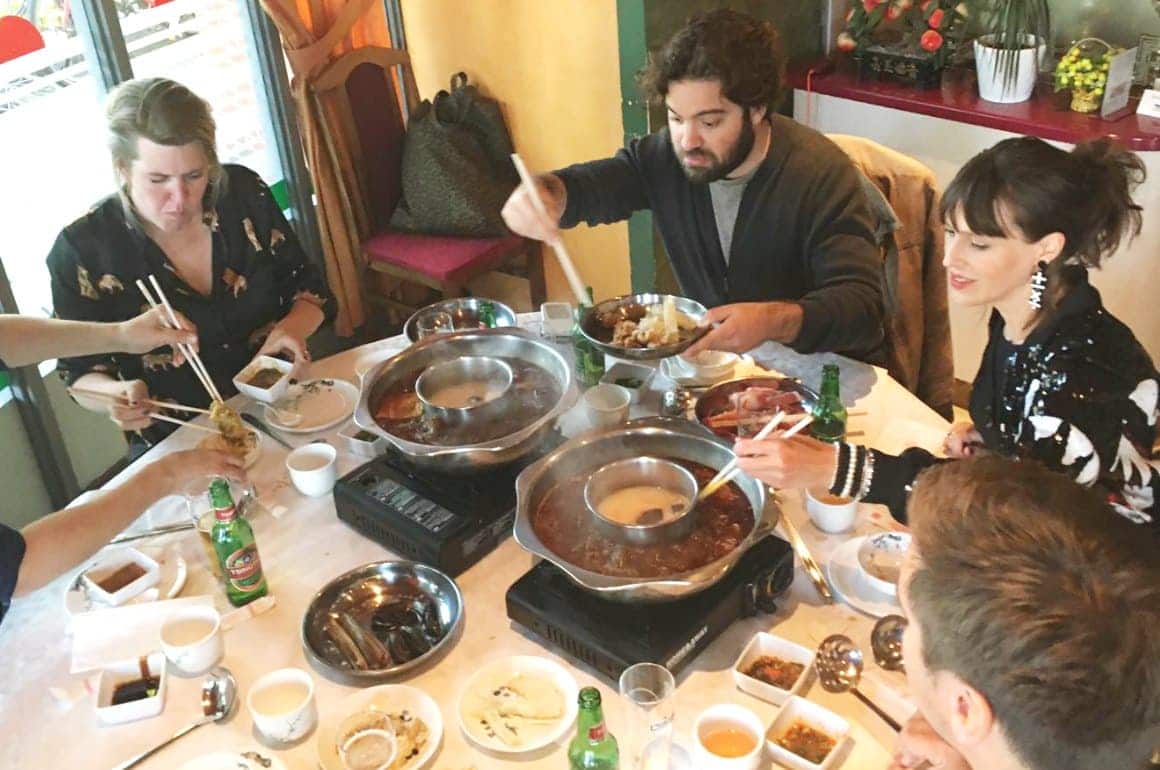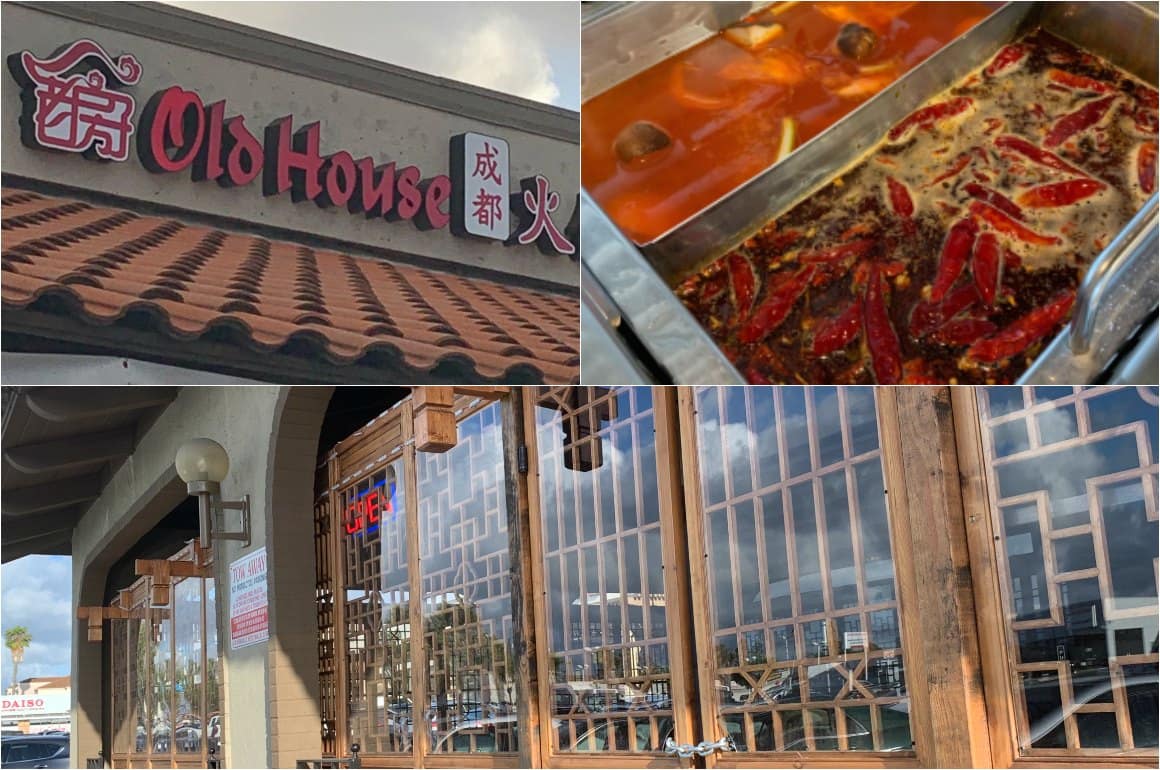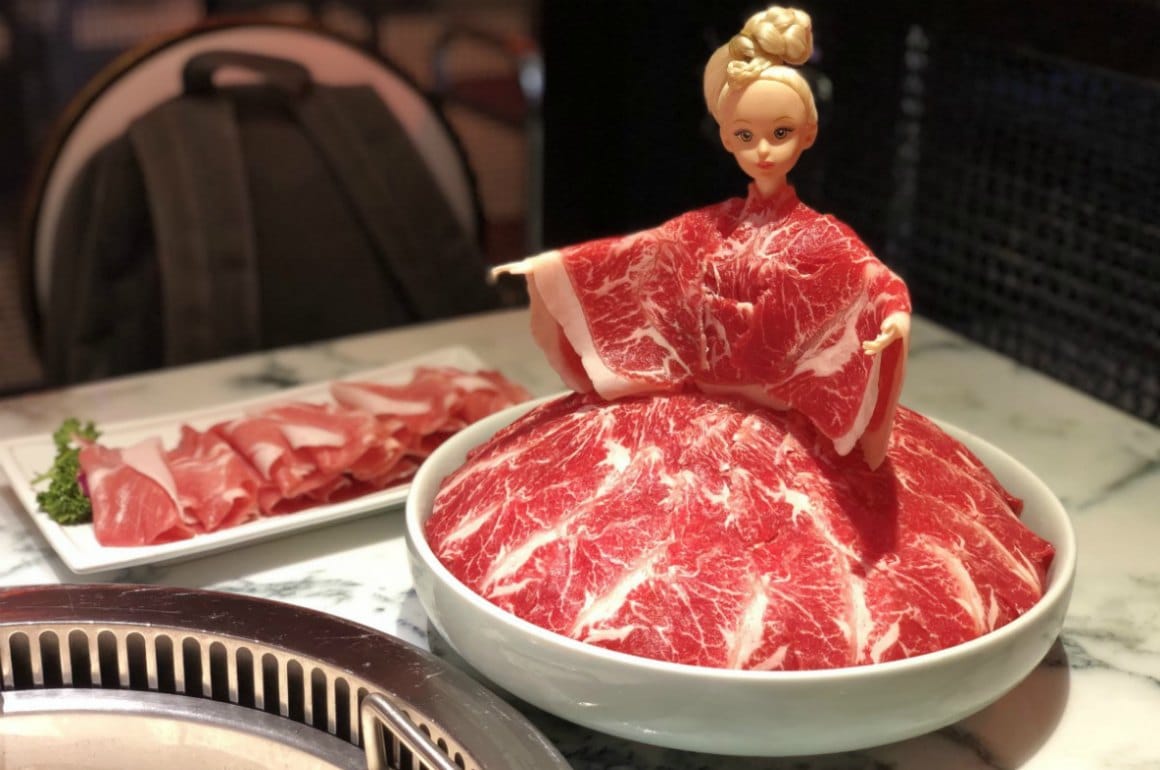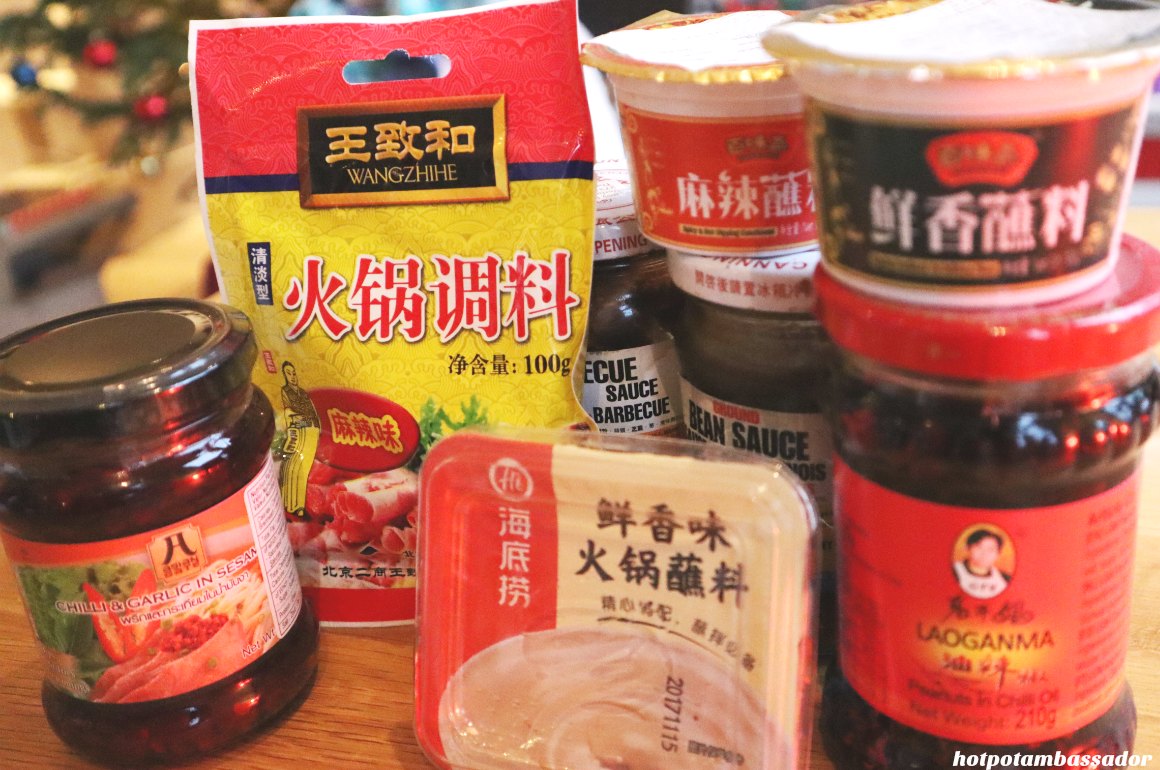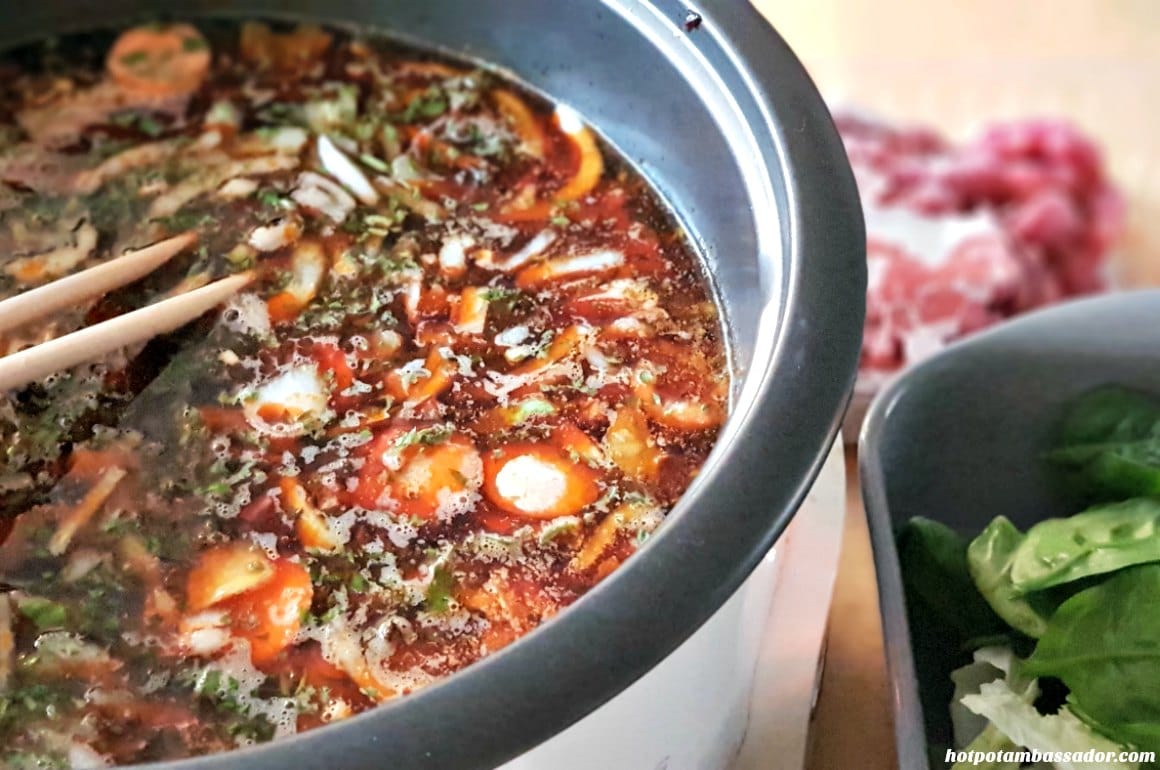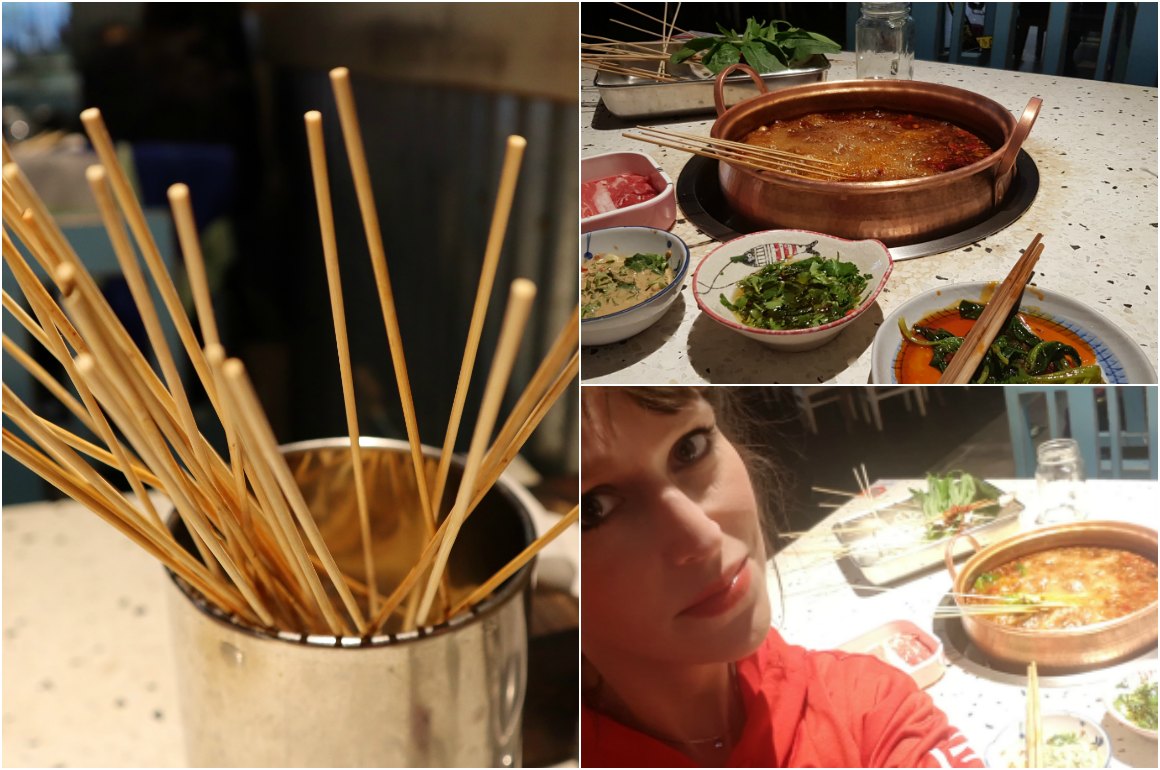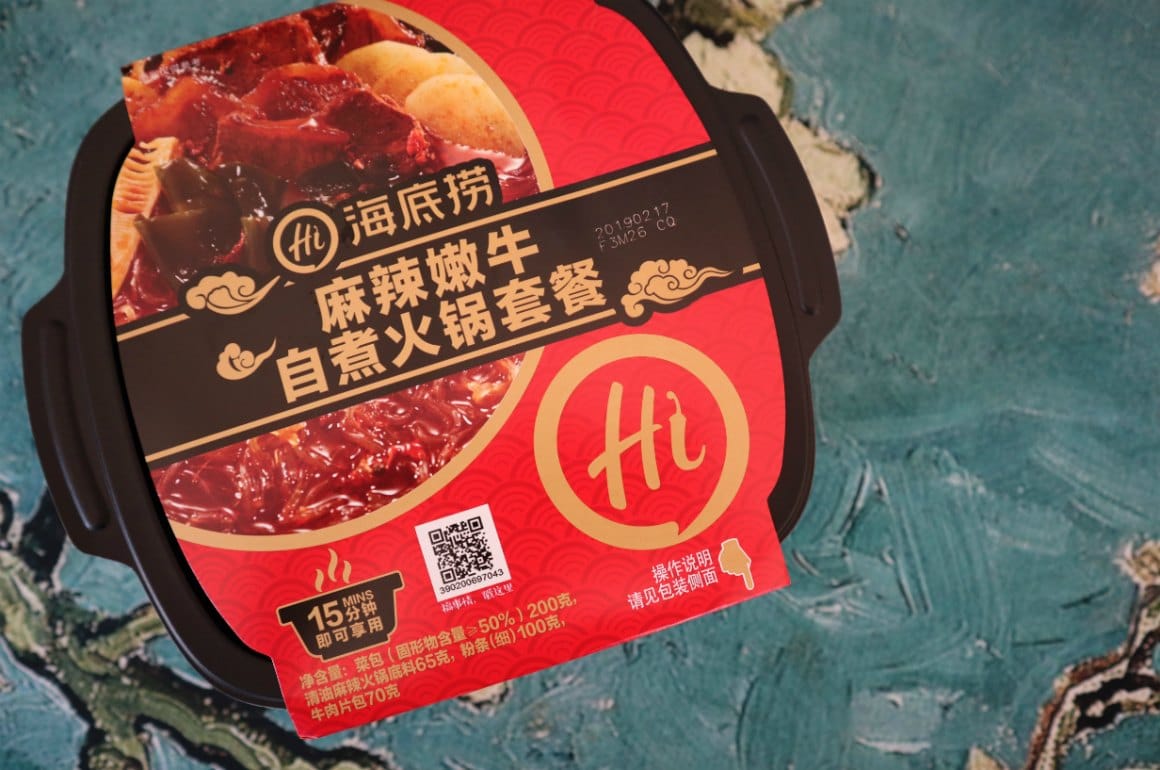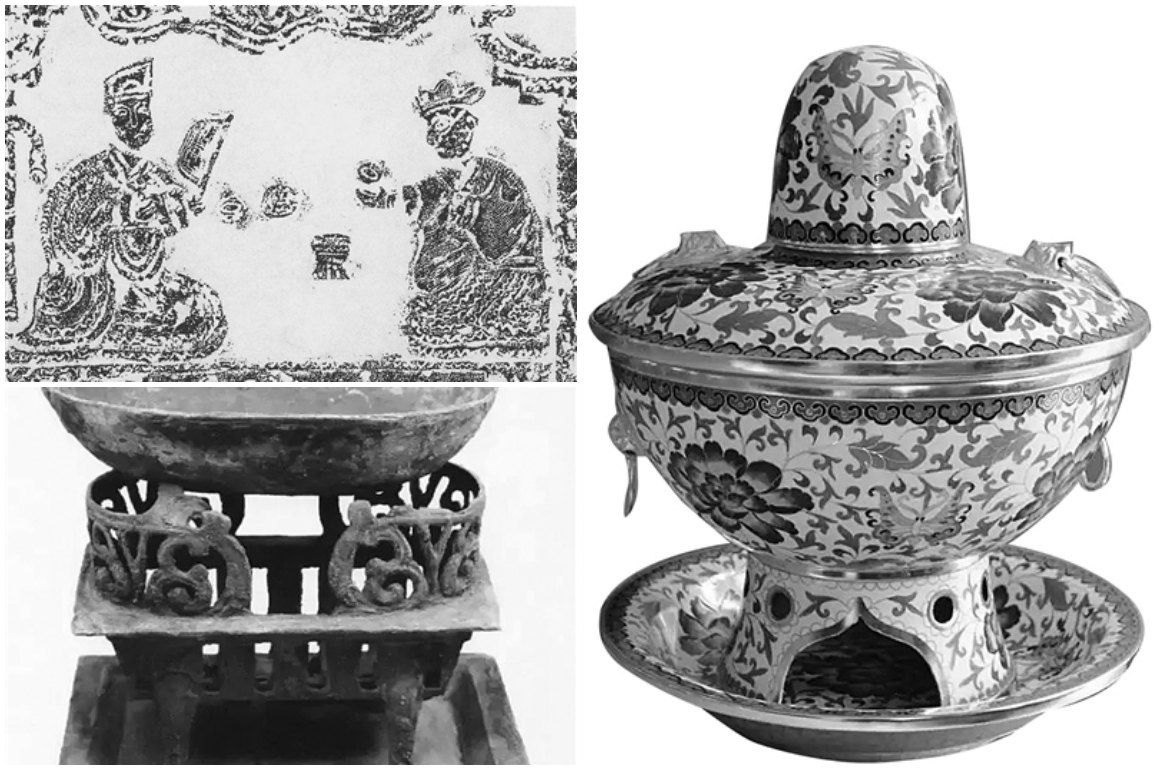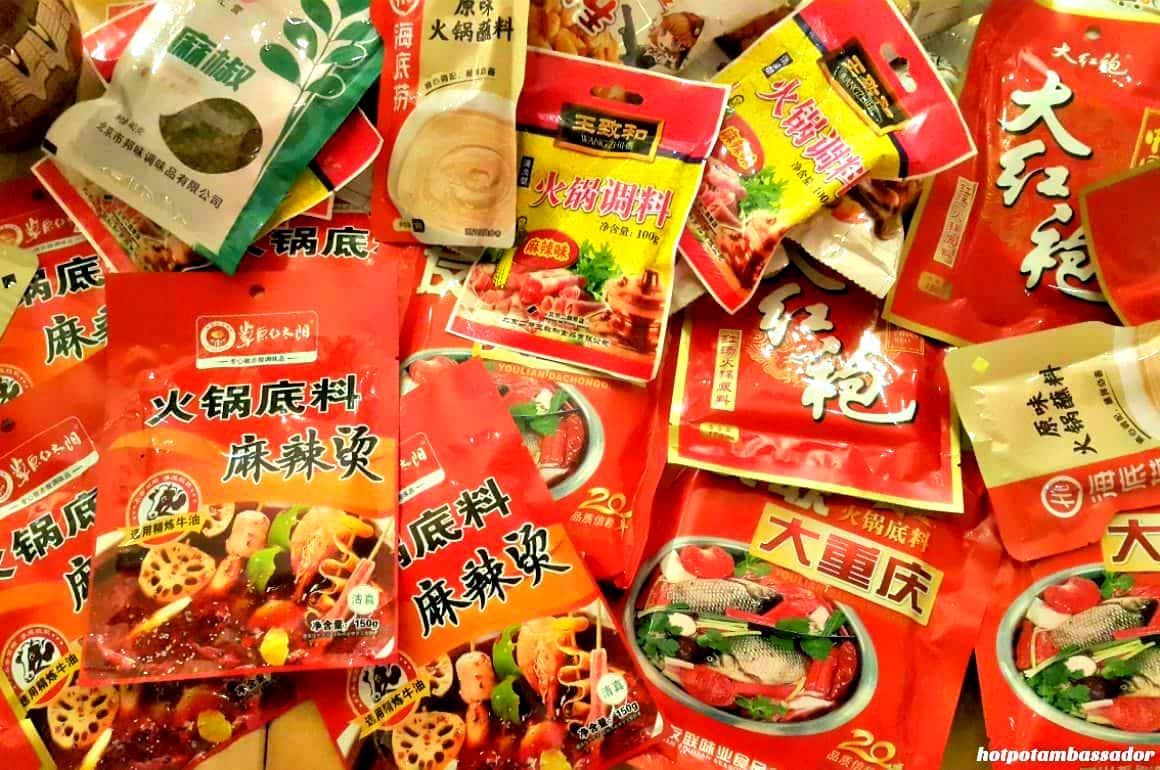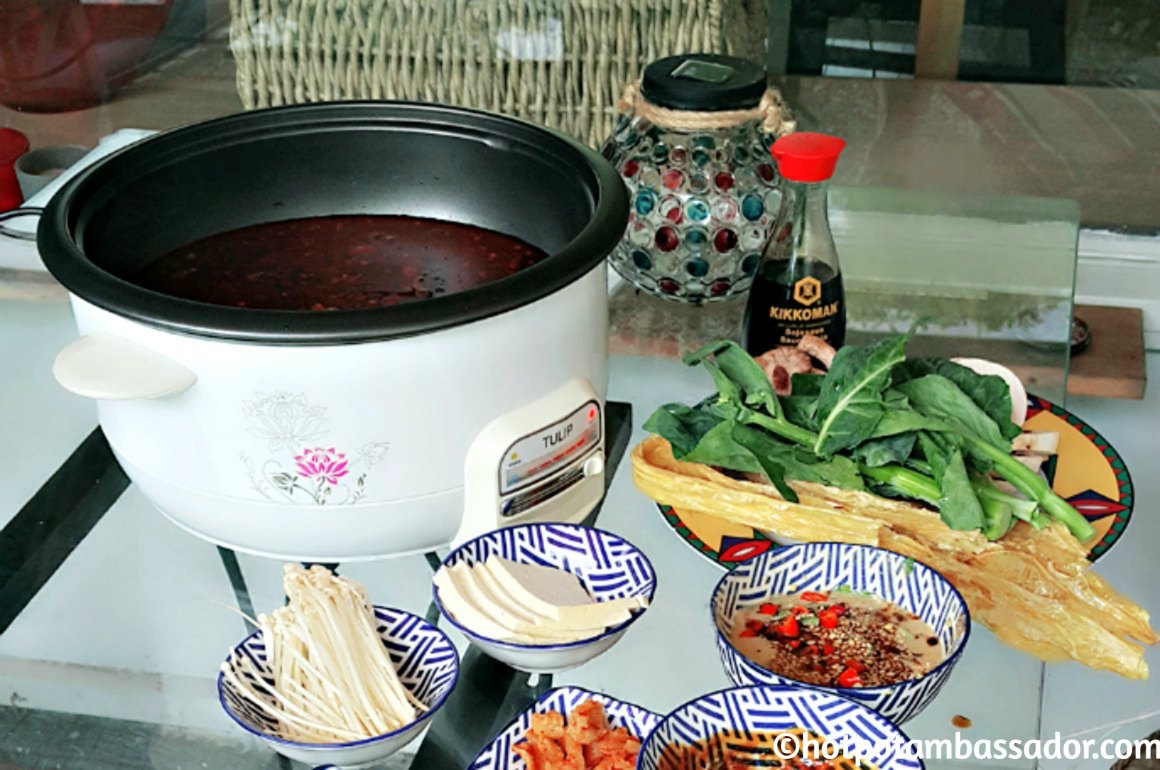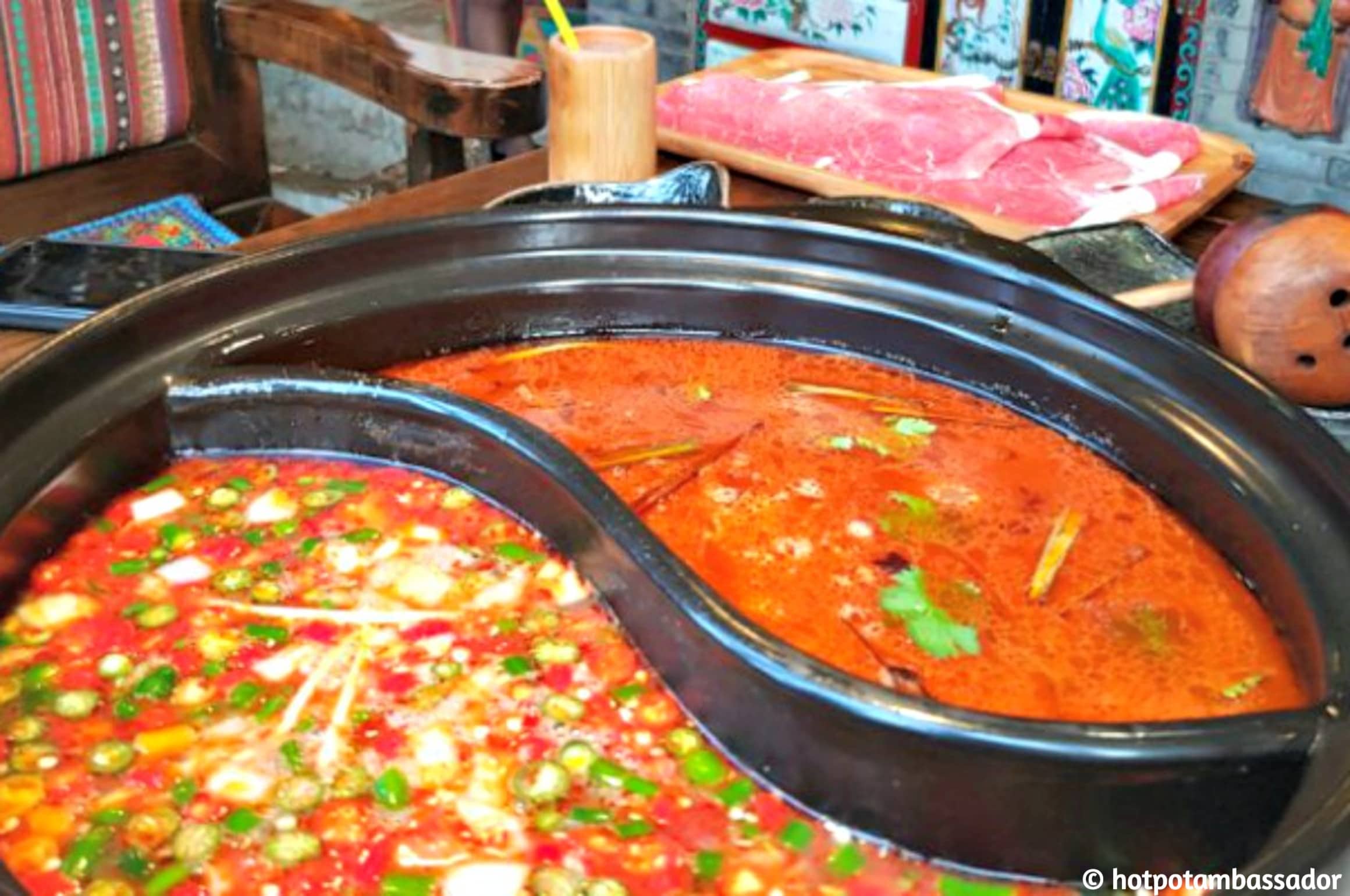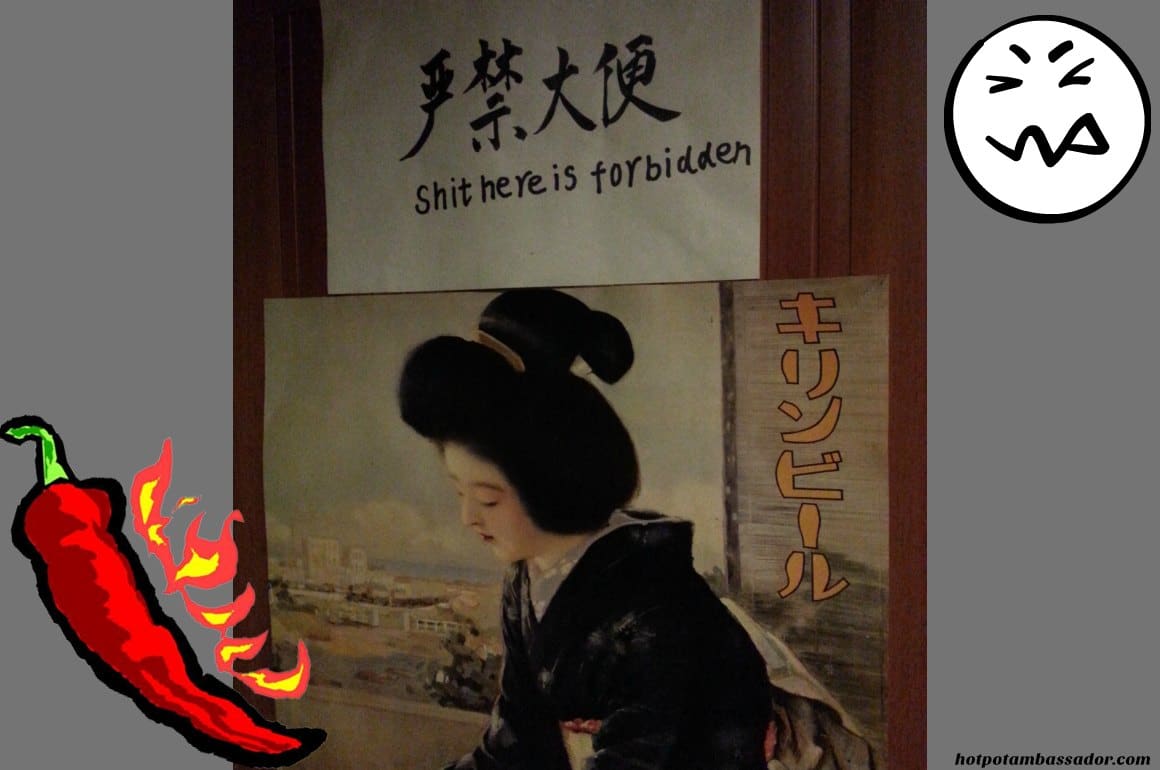Twenty-three years after opening its first restaurant, China’s Haidilao hot pot chain is hotter than ever. With its special business model and service creativity, people happily wait in line for two hours to get a table. At Haidilao, even the lonely eaters never eat alone – they get a teddy bear to dine with them.
It has been over two decades since Zhang Yong, the owner of Haidilao (海底捞), set up his first hot pot restaurant in Jianyang, Sichuan, with a mere investment of 10,000 yuan (±1470$). Now, 23 years later, it has become the dominant hot pot chain in the country. The restaurant is popular across China, where it has an annual turnover of approximately 450 million dollars.
In Beijing alone, the chain has 36 locations. From Shanghai to Shenzhen, Haidilao has 176 outlets in 53 Chinese cities. The chain allegedly opens 20 new restaurants every year. By now, Haidilao has over 15,000 people working for them and has also gone international, with more restaurants opening up in Singapore, the USA, and Seoul.
How did a restaurant serving such a traditional and ubiquitous Chinese dish become such a success? Hot pot restaurants, where fresh meat and vegetables are dipped in simmering broth, are extremely common across China. But Zhang Yong chose to market Haidilao and its authentic Sichuan hot pot with an innovative strategy: high-service, high-tech, and high-quality.
High-Service Hot Pot: “Brainwashing” Staff
Except for the tasty hotpot, anyone who has ever visited Haidilao will surely remember one thing: here, you can get a free manicure while you wait. The restaurant has become so popular that waiting in line for one or two hours to get a table is no exception. But with an entertainment area that provides customers with board games, free snacks, drinks, manicures, massages, and even shoe polish services, queuing has become part of the Haidilao experience.
The ‘entertainment area’ is just of the many ways in which Haidilao accommodates to its customers’ desires. There is ample staff for every table. Customers with longer hair get free hairbands to tie their hair back while eating. Customers with glasses are provided with eyeglass cleaning tissue. There are special aprons to avoid stained clothing, and even handbags get their own protection. At the Haidilao toilets, staff will hand out hand towels and provide customers with any toiletry items they may need.
Anyone working at Haidilao is thoroughly trained. On question-and-answer platform Zhihu.com, former Haidilao servers shared their experiences of working at the restaurant. They explain that all Haidilao workers have to follow a compulsory training after they are accepted to come work at the restaurant.
The training is provided by people who have worked at the chain for at least 3 to 5 years, who teach new workers about corporate culture and Haidilao food. The staff learns how to welcome guests, how to make small talk to set a good atmosphere, and learn about the restaurant rules (always smile, never quarrel with customers, etc).
According to some former workers, working at Haidilao is a bittersweet experience. Since the staff works, lives, and eats together, their whole lives basically revolve around their work, except for the 4 days off they have per month.
Although there are some who applaud the company for setting the work ethic and for its relatively luxurious common dorms and good canteen, there are also those who say that Haidilao “brainwashes” its staff by creating its own community with “ridiculous rules” (staff cannot use customer’s toilets, all workers have to turn in their mobile phones before their shifts, working very long hours, etc).
Haidilao’s staff management and training have become a popular topic for marketers and scholars in China. Over recent years, many Chinese academic books and articles have been published that focus on Haidilao’s business model innovation, its service creativity, and customer satisfaction.
High-Tech Hot Pot: Ordering through iPad
Although Haidilao is not as digital as ‘newcomer’ Wodi Huoguo, it does fully incorporate China’s digital developments into its restaurants.
All tables are equipped with a charge station for mobile phones (iPhone, Android), and a personal tablet for customers to go through the menu to order the hot pot and all ingredients and drinks. Items ordered through the tablet arrive at the table within minutes. The restaurant also provides free Wi-fi in all areas. Needless to say, they accept WeChat and Alipay as payment methods.
Haidilao also provides online reservation and ordering services. Customers can order the Haidilao hotpot to their home – they’ll even bring the pot itself. Afterward, they will come to pick up the dirty dishes.
The Haidilao Wechat app has several features. One especially fun one is its online gaming area, where gamers can compete and win discounts on their next hot pot bill.
High-Quality Hot Pot: Outstanding
No matter how good the service is, eventually it all comes down to taste and quality in order to make customers come back. The Haidilao chain has strict rules on quality control, and carefully selects its suppliers. This is something that is especially important to Chinese customers, since China has seen ample food scandals over the last decade.
Haidilao offers new variations on standard hot pot recipes, adding new recipes and dishes every year.
Haidilao also offers a condiment bar with over 20 dipping sauces, from sesame dip to spicy oil, as well as side dishes such as cucumbers, peanuts, and fresh fruit.
The restaurant consistently gets good reviews, also from the expat community. In the restaurant awards by magazines such as Time Out and Beijinger, Haidilao has often won prices throughout the year, including those for “Best Hot Pot,” “Outstanding Service,” or “Outstanding Chinese Restaurant of the Year.”
You Never Eat Alone
On Weibo, Haidilao is also praised by many netizens, although some say that “the service is so good that it actually becomes embarrassing.” (“I just needed a band-aid but the servant personally came and helped me put it on.”)
Recently, netizens find Haidilao’s latest service addition especially funny; whoever eats alone at Haidilao is now provided with a teddy bear to accompany them at the table. “I am happy with this new friend Haidilao picked out for me,” one netizen posted.
Many netizens post pictures of their Teddy friend on Weibo.
There are also those who post pictures of guests at other tables, saying: “So it really is true that people at Haidilao dine with teddy bears!”
One Haidilao story especially attracted attention when this WeChat conversation surfaced online. “I went to eat at Haidilao by myself (..) and I asked the waiter if it was true that I would get a teddybear to eat together with me. They said their restaurant didn’t have teddies and I said never mind. After a while they came up with this one [picture of a cat], and they asked me: ‘Is a cat ok too?‘”
For more about dining at Haidilao, check out our Video here:
Notice: This article originally appeared on What’s on Weibo, which is an independent blog and is in no way affiliated with Haidilao – neither is Hotpotambassador.com!
By Manya Koetse
Follow @manyapan
©2018 Hotpot Ambassador. All rights reserved. Do not reproduce our content without permission – you can contact us at info@hotpotambassador.com.



